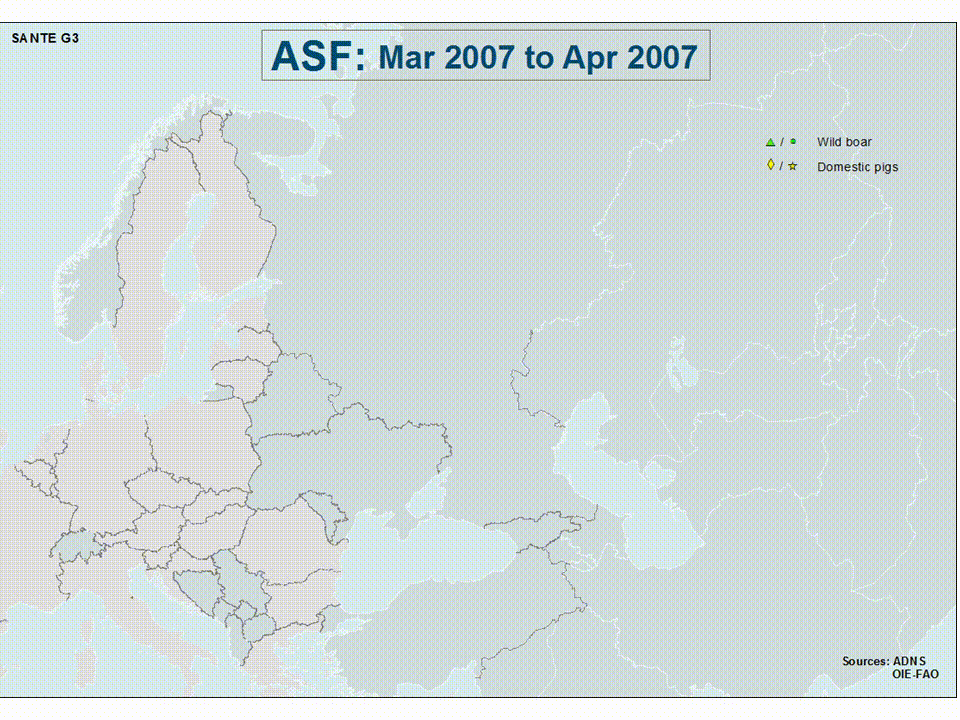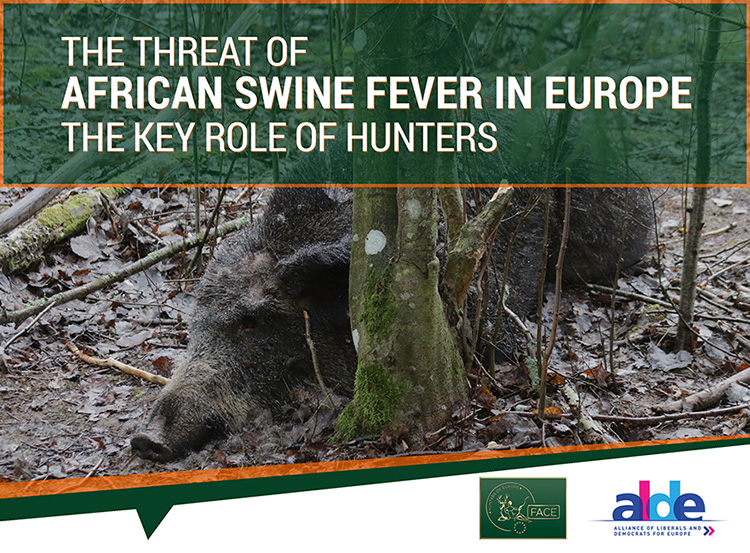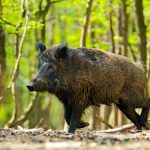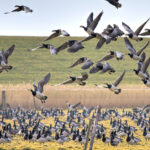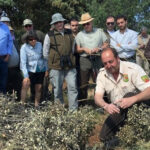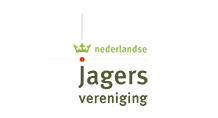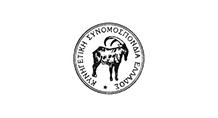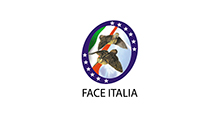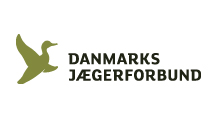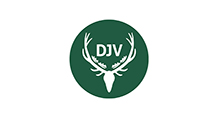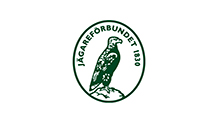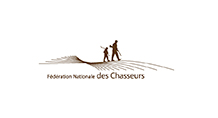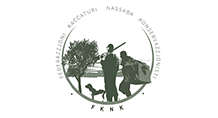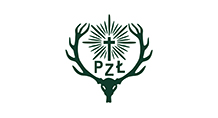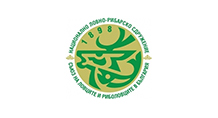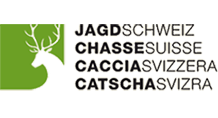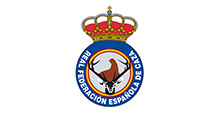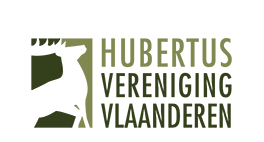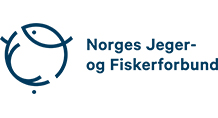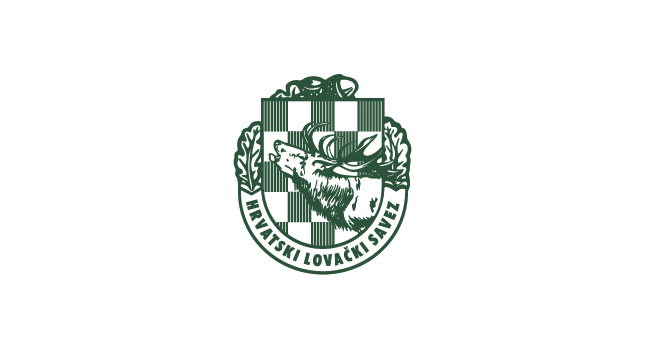
African Swine Fever
African Swine Fever (ASF) is a viral disease which affects both domestic pigs and wild boar. The disease arrived in Europe in 2007 and reached the European Union in 2014. Ever since ASF keeps on spreading within the EU. Belgium is the last country added to the list of ASF infected countries in September 2018. The disease does not pose a risk to human health.
Nonetheless, the pig industry and wild boar populations are hit severely which lead to huge economic losses. When animals are infected, 95-100% of the animals die. Transmission and spread occurs through direct contact with infected animals (blood, semen, urine), ingestion of food waste, pork products or preparations and other indirect routes of transmission (vehicles, equipment including hunting gear, agricultural vehicles and tools). Contact with blood poses the highest risk of transmission. The fast spread of the disease in Europe can only be explained by the impact of human activities.
This is the reason why awareness campaigns in non-infected areas and biosecurity measures for areas that are already infected are very important. Hunters are helping in monitoring and fighting ASF.
As it is clear that there is not a one solution fits all approach, there should be room for specific measures that suit the specific circumstances. After infection, the animals develop very severe, but unspecific general symptoms, which makes detection hard. When carcasses are discovered, people are advised to keep distance and contact the relevant authorities.
The European Commission developed a short animation on the spread of ASF in Europe:
